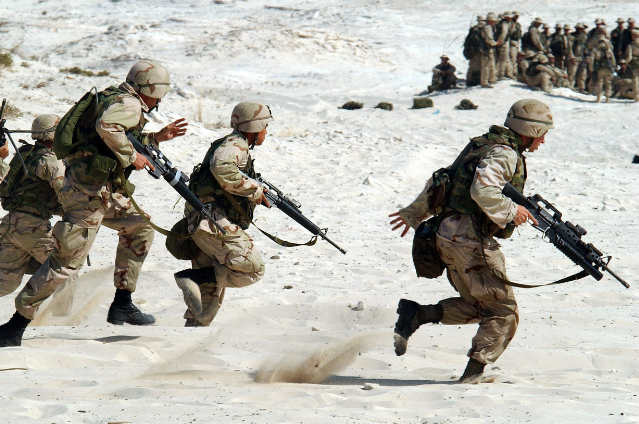
The Ukraine-Russia war, which started in 2014, has had far-reaching consequences for the region and beyond. The conflict has led to the loss of thousands of lives, the displacement of millions of people, and has strained relationships between Russia and other countries in the international community.
One of the most immediate effects of the war has been the humanitarian crisis that it has created. The conflict has forced over 1.5 million people to flee their homes, and many of them are still living as internally displaced persons (IDPs) in Ukraine. The IDPs face a range of challenges, including difficulties accessing basic services such as healthcare and education, as well as discrimination and stigmatization from some parts of society.
The war has also had significant economic consequences, particularly for Ukraine. The country’s economy has been severely impacted by the conflict, with many businesses forced to shut down, and the loss of critical infrastructure, such as roads and bridges. The Ukrainian currency, the hryvnia, has also been devalued, making it more difficult for the country to access international financing.
The conflict has also had political consequences, both within Ukraine and beyond. In Ukraine, the war has highlighted long-standing political and societal divisions, with some regions of the country more supportive of the Russian-backed separatists than others. The conflict has also put a strain on Ukraine’s relationships with its European neighbours, particularly those countries that have been more sympathetic to Russia.
In the international community, the conflict has led to increased tensions between Russia and other countries, particularly in Europe and the United States. The conflict has led to economic sanctions being imposed on Russia and has strained relationships between Russia and its neighbours. The ongoing conflict has also been a major obstacle to efforts to improve global security and stability.
Finally, the Ukraine-Russia war has had significant cultural and social consequences. The conflict has brought to the surface long-standing historical and cultural divisions between Ukraine and Russia, and has led to increased nationalism and polarization in both countries. The conflict has also had a significant impact on the media landscape in both countries, with both sides accusing the other of propaganda and disinformation.
In conclusion, the Ukraine-Russia war has had a wide range of aftereffects, including humanitarian, economic, political, and cultural consequences. The conflict has had a significant impact on Ukraine and its relationships with its neighbours and the international community. While the conflict has simmered down in recent years, the long-term effects of the war will continue to be felt for years to come. It is crucial that the international community continues to support efforts to resolve the conflict and promote stability in the region.
